Eating organic is often seen as a luxury due to its higher price tag, often detering budget-conscious consumers. But it doesn’t have to. With a few smart strategies, even those on a tight budget can incorporate organic foods into their diet.
Understanding Organic Appeal
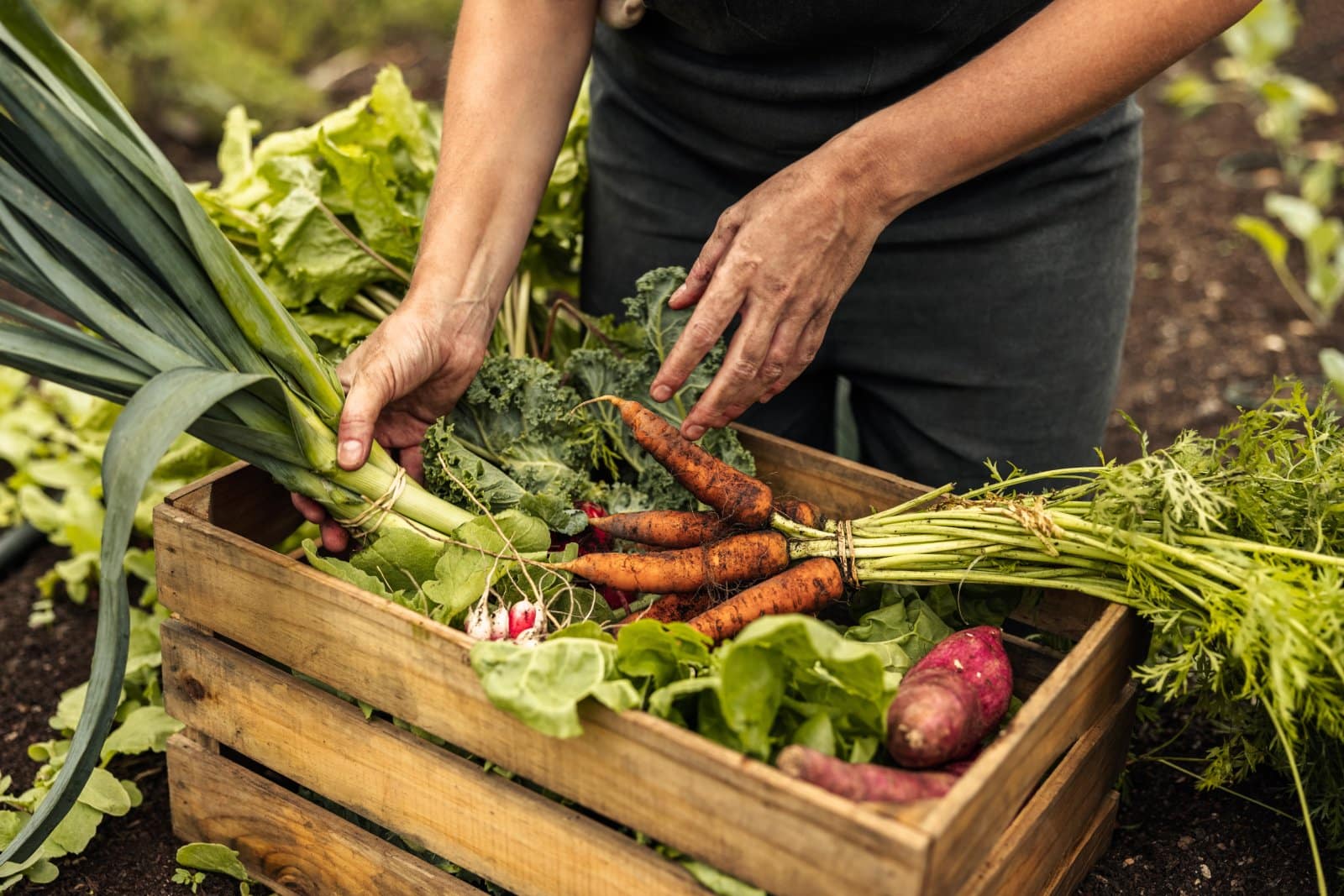
Organic foods, known for being produced without synthetic fertilizers or genetic engineering, have seen a significant rise in popularity. In 2022, organic sales in the U.S. hit a record $67.6 billion. Despite their benefits, the cost remains a concern for many households.
Prioritizing Your Organic Purchases

Not all organic purchases are created equal. Focus on items prone to higher pesticide contamination, like those on the Dirty Dozen list, and consider conventional options for the Clean Fifteen to save money.
Seasonal Shopping for Savings

Purchasing in-season organic produce is a cost-effective strategy. Off-season items are typically more expensive and less fresh, owing to long-distance transportation costs.
Frozen Can Be Frugal

Don’t overlook organic frozen foods. Often more affordable than fresh options, frozen organic fruits, vegetables, and meats can offer significant savings.
Private Labels Offer Value
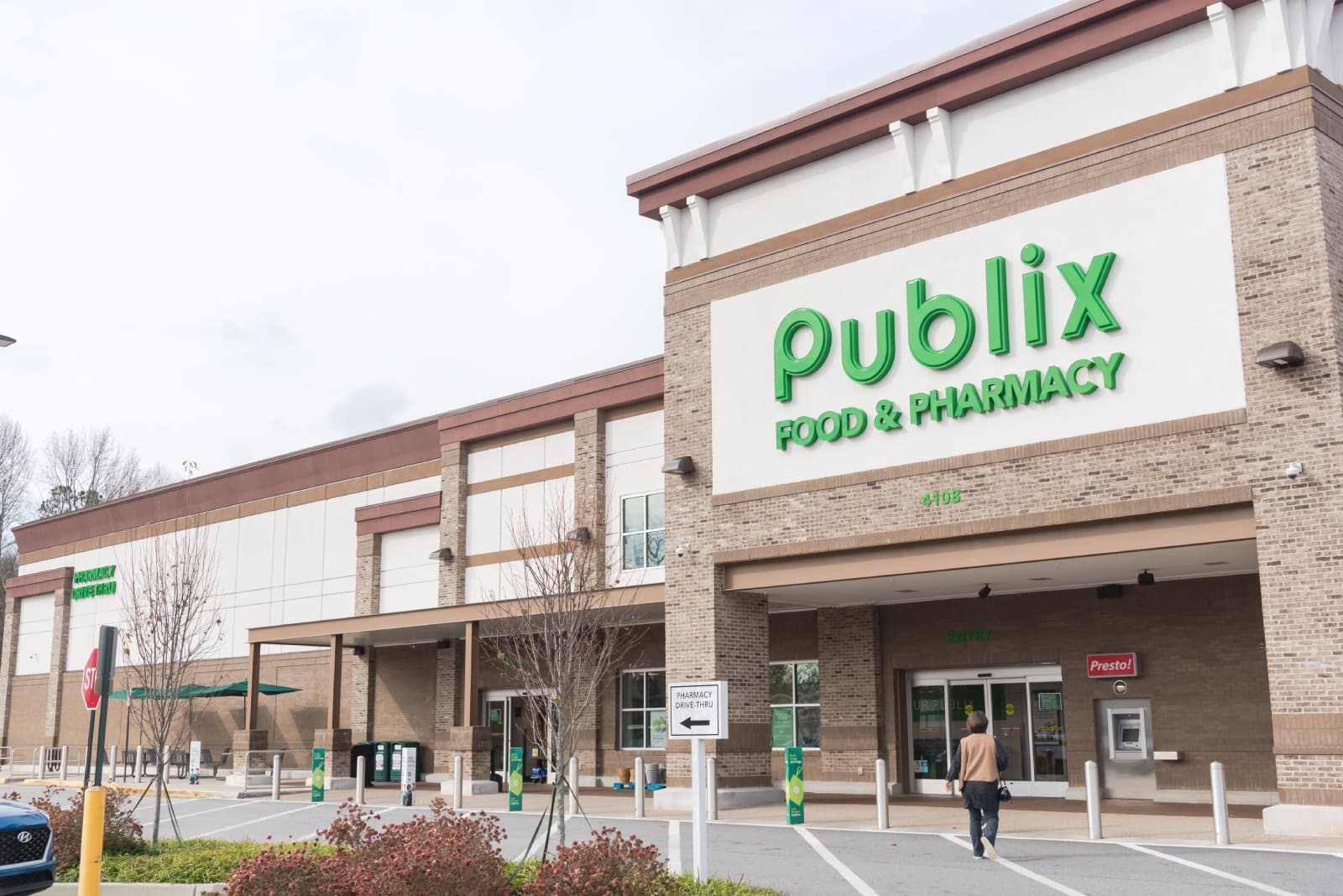
Many supermarkets, like Publix and Albertsons, offer their own organic brands at lower prices than name brands. These store brands can provide substantial savings without compromising quality.
Choosing the Right Store
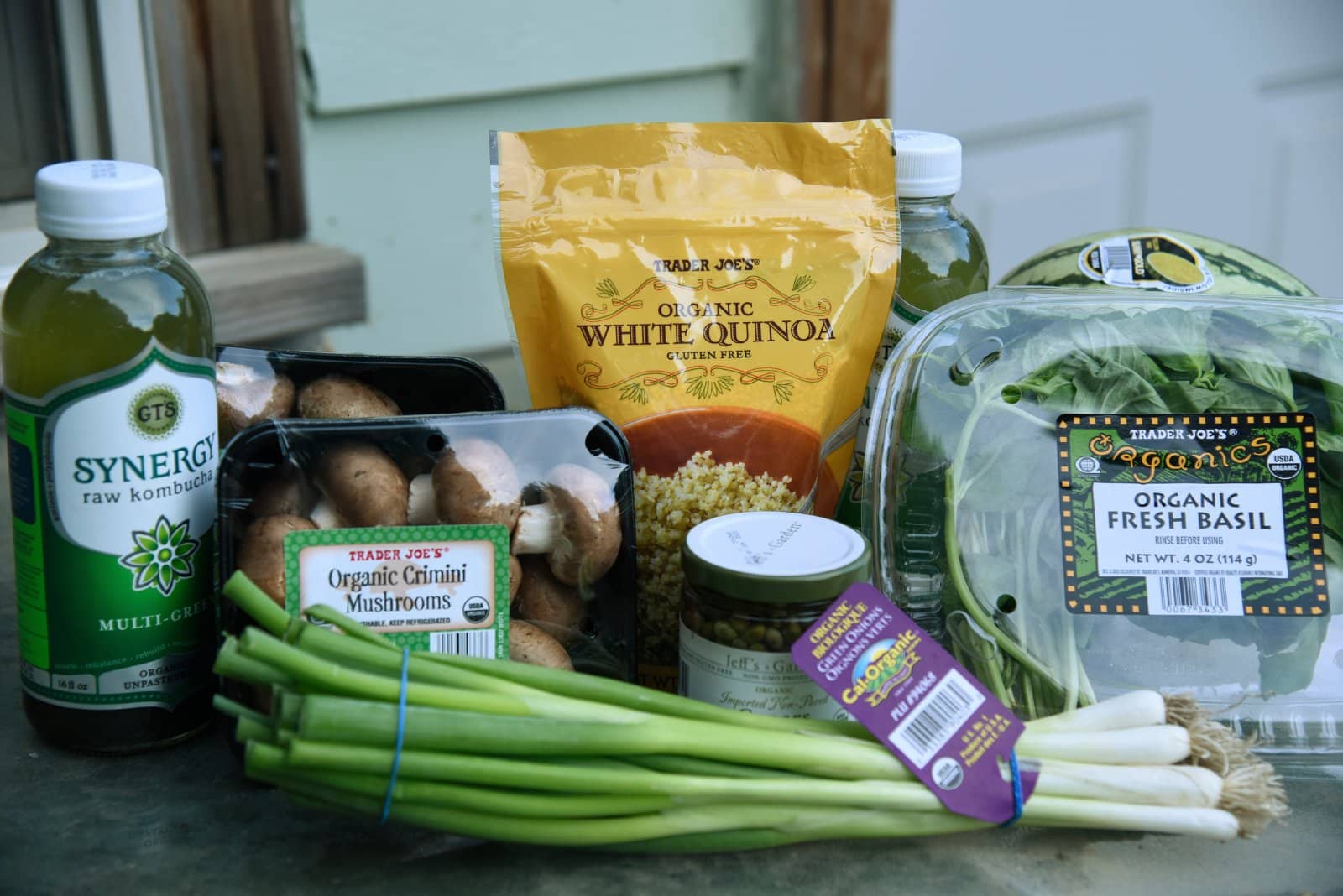
Stores like Aldi and Trader Joe’s are known for offering organic products at more affordable prices. Bulk shopping at places like Costco can also be economical, despite the membership fee.
Buying Bulk Wisely
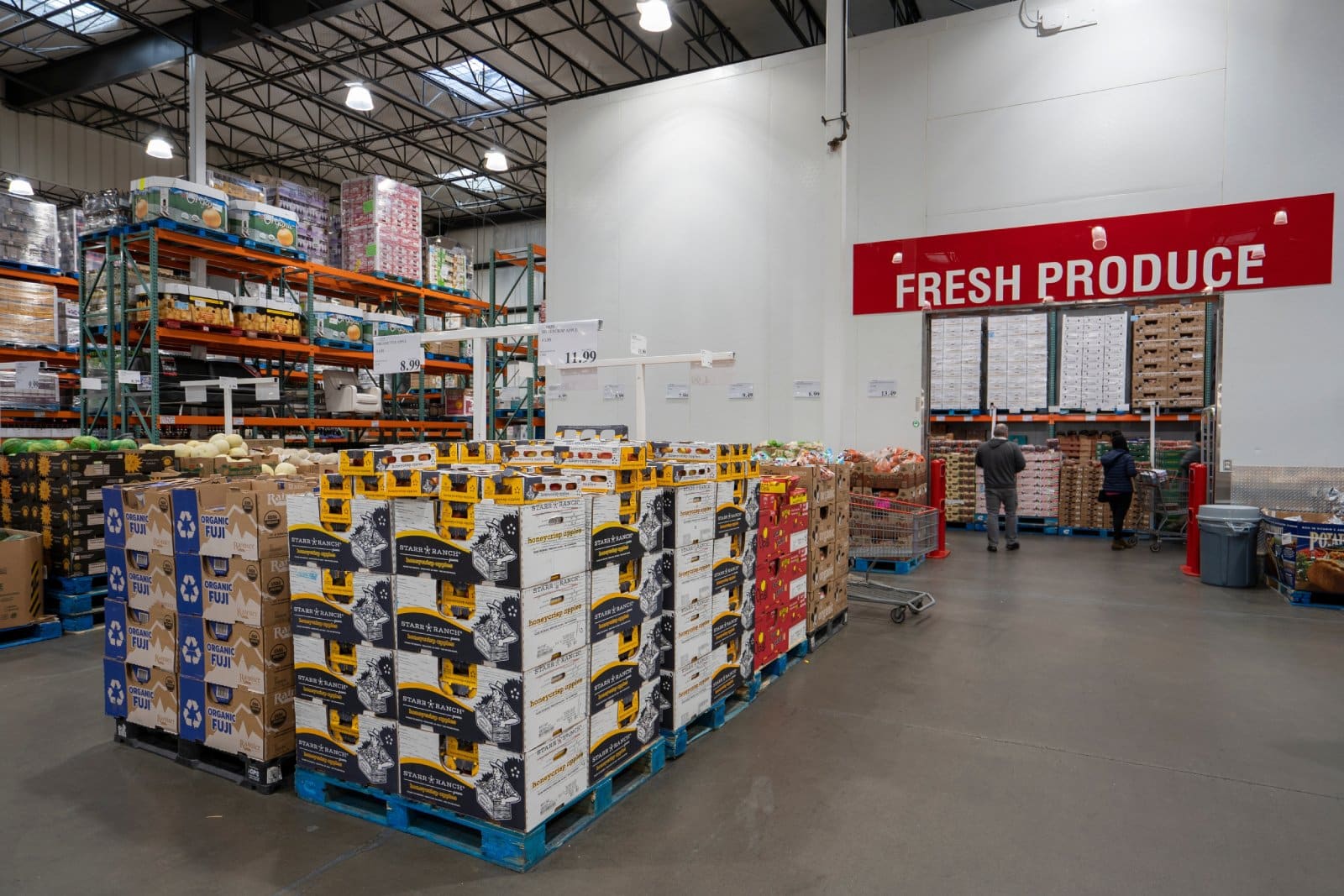
Bulk departments in stores allow you to purchase the exact amount you need, saving money. Start with items like grains, spices, and nuts.
Sale Shopping

Regularly checking sales flyers and store ads can lead to great deals on organic items. Look out for loss leaders and stock up during sales.
Coupons and Loyalty Programs

Utilize paper and digital coupons, and store loyalty programs for additional savings on organic foods. Signing up for organic brands’ mailing lists can also yield exclusive coupons.
Direct from the Farm
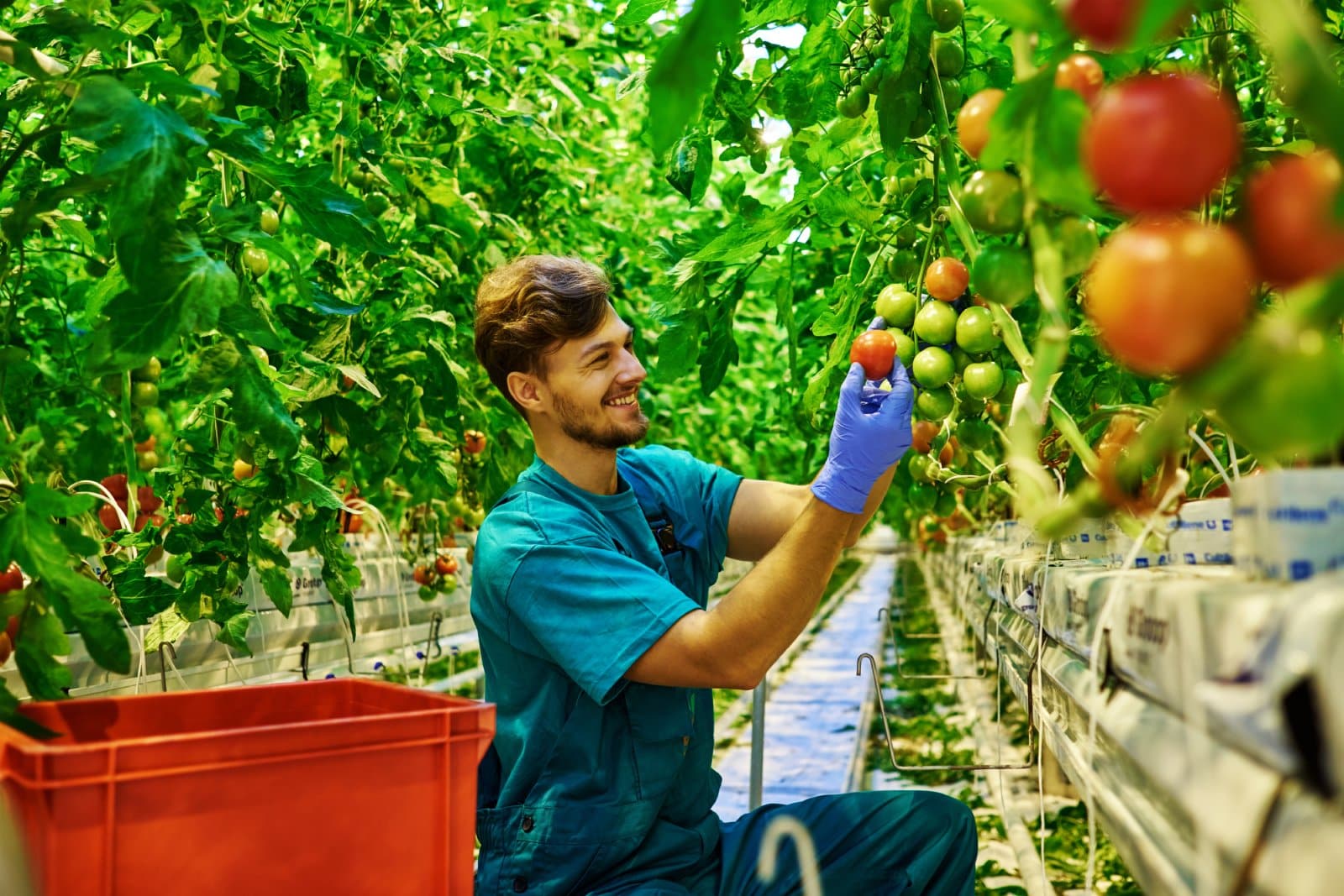
Buying directly from farmers at markets or through CSAs can be a cost-effective way to purchase organic produce. SNAP recipients may find additional benefits at these markets.
Proper Storage Extends Life
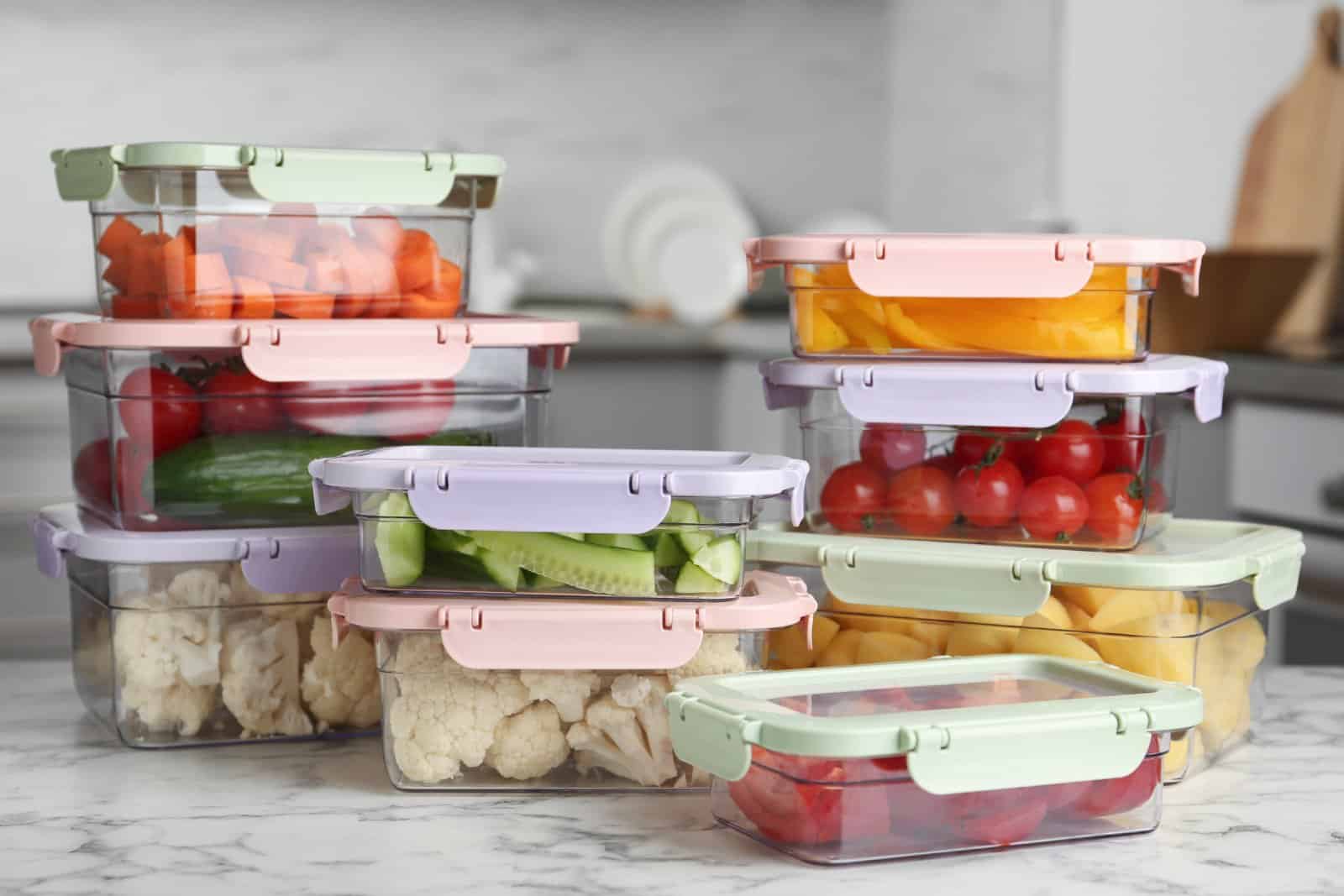
Properly storing your organic purchases can extend their shelf life, reducing waste and saving money. Different fruits and vegetables require different storage methods for optimal preservation.
Dirty Dozen and Clean Fifteen
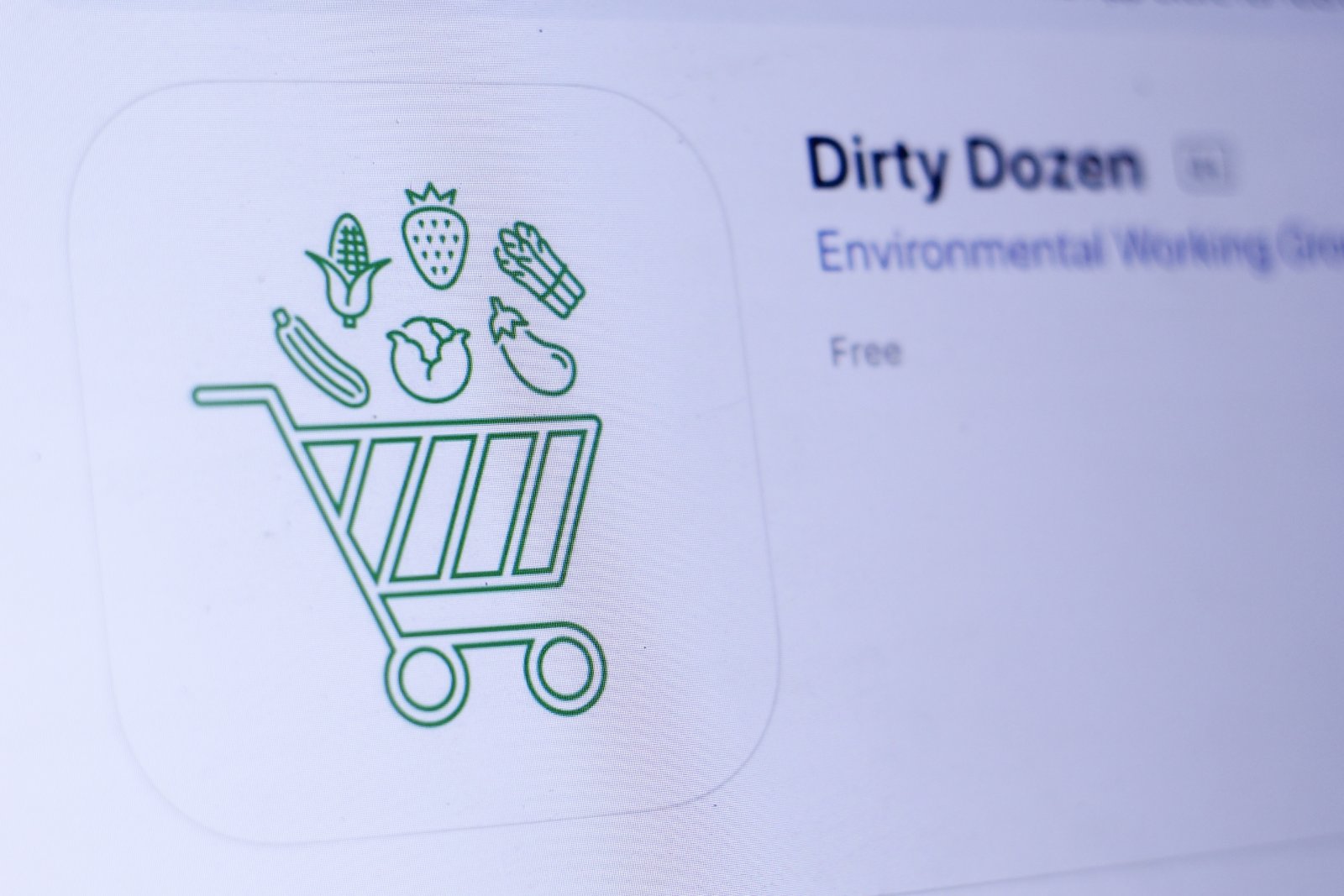
The Dirty Dozen list highlights produce with high pesticide residue, like strawberries and spinach, recommending organic options. The Clean Fifteen, with lower pesticide levels, includes items like avocados and sweet corn, where conventional options are acceptable.
Transportation Impacts Prices
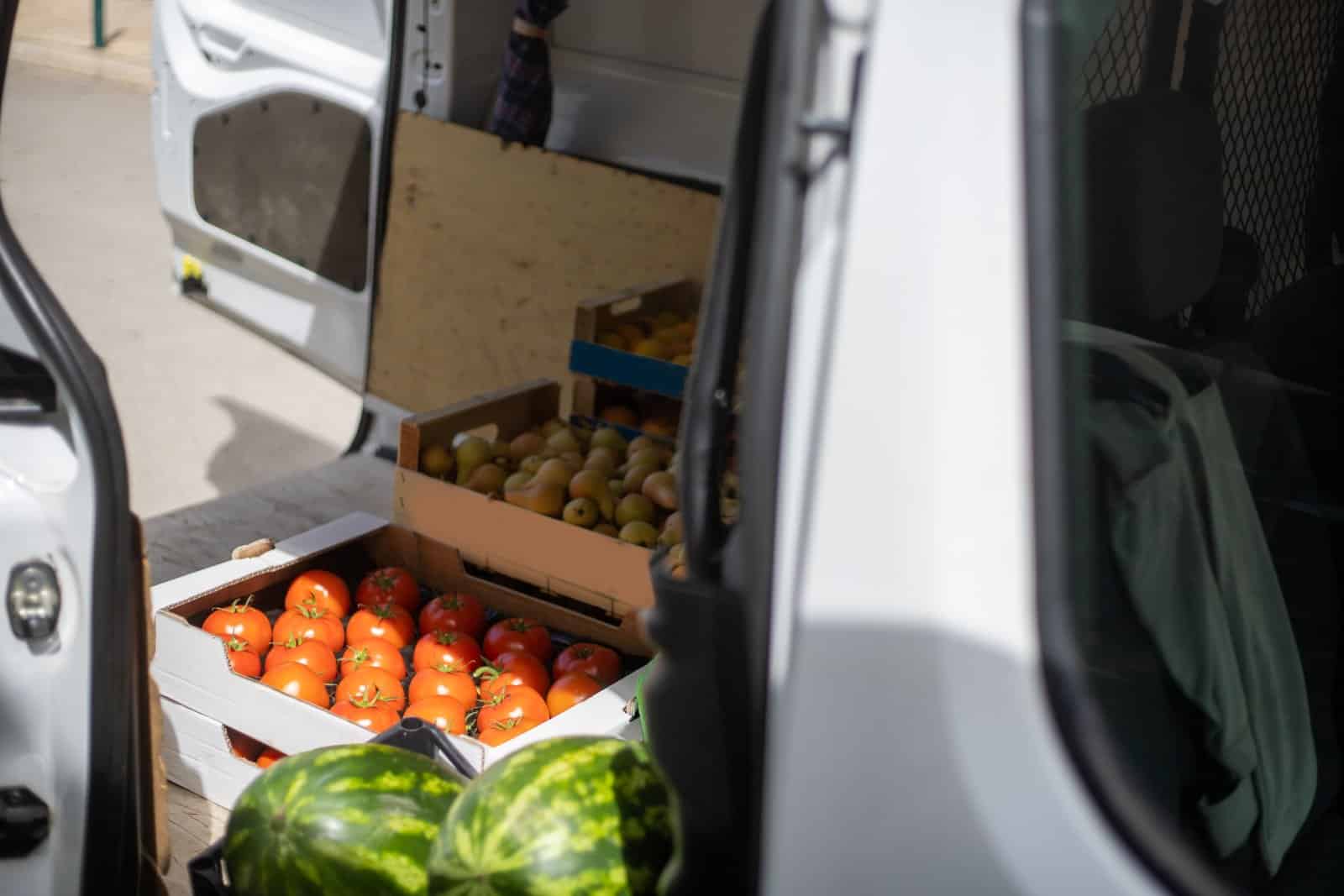
Understanding the impact of transportation on produce prices is key. In-season, locally-grown organic produce is generally cheaper and fresher than those shipped over long distances.
Organic Meat and Dairy

Consider organic options for meat and dairy products as well. While these can be more expensive, they are often produced under stricter animal welfare standards and are free from antibiotics and hormones.
Understanding Labels

Learn to read and understand organic labels. USDA Organic certification is a reliable indicator, but some local farmers may use organic methods without the official certification. Inquire directly to understand their farming practices.
Investing in Health and Environment

While organic foods can be more expensive, they are an investment in personal health and environmental sustainability. Using these tips, you can make organic eating a feasible part of your lifestyle, even on a budget.
Informed Choices

Eating organic on a budget is achievable with smart shopping strategies. Prioritize your purchases, buy in-season, and take advantage of sales and coupons. By making informed choices and shopping wisely, you can enjoy the benefits of organic foods without overspending.
The post Organic Eats on a Budget: How to Eat Clean Without Breaking the Bank first appeared on Wealthy Living.
Featured Image Credit: Shutterstock / Ground Picture.





